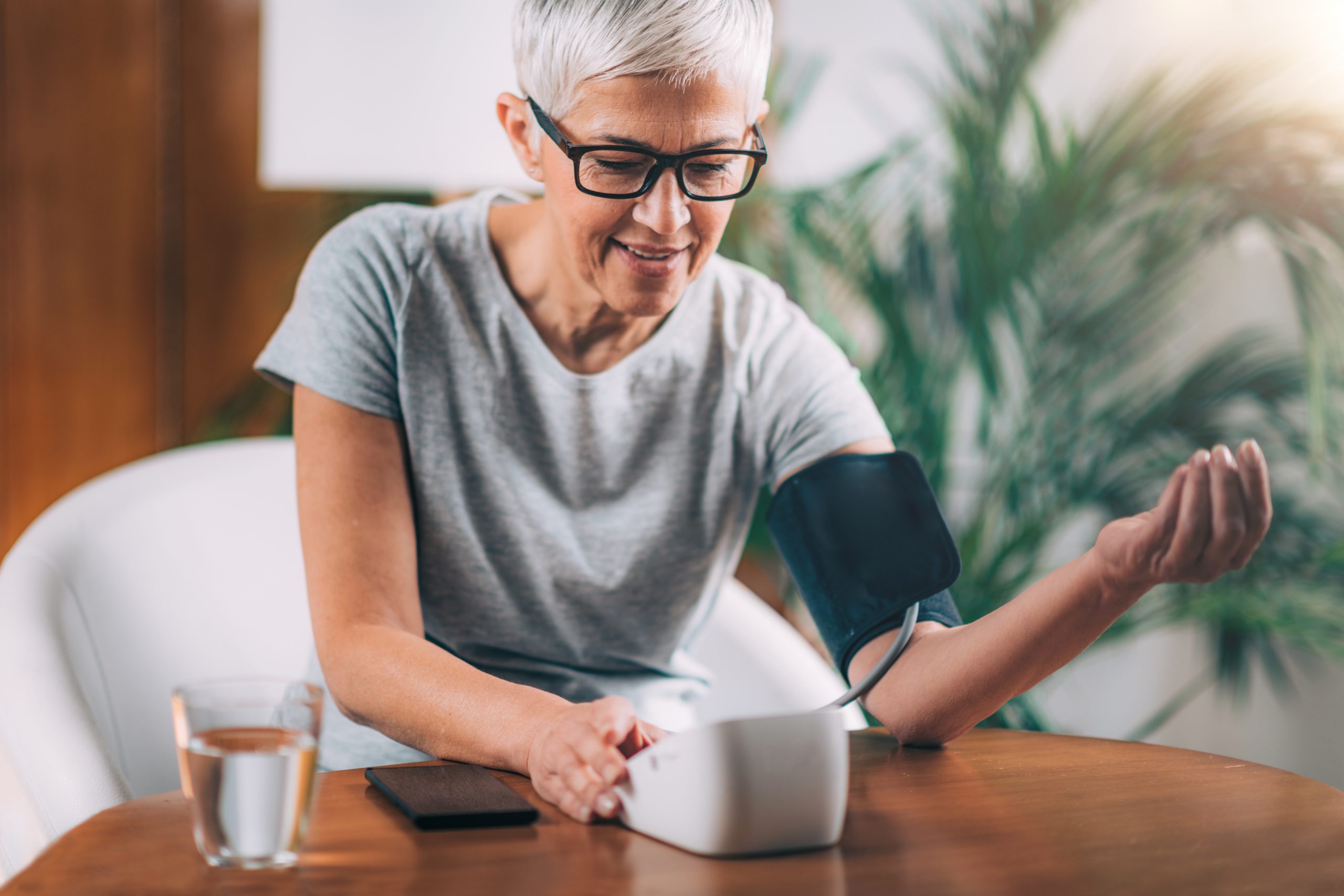Paroxysmal Hypertension – How to Recognize it – The most common cause of Paroxysmal Hypertension is Essential hypertension which can be treated easily with medications. But you should consult a cardiologist if you cannot get relief from the medicines or if your blood pressure is high for long durations.
Hypertension is often called the silent killer because people rarely notice the symptoms of high blood pressure until it has progressed to a life-threatening level. Learn how to recognize the warning signs of a hypertensive crisis and take action to treat it before it’s too late.
Hypertension, also known as high blood pressure, is a chronic condition that can cause damage to the heart, kidneys, eyes, and brain. Most cases of hypertension occur when the body’s blood pressure rises to a level that causes organ damage.
But there are several different types of hypertension that each require different treatment strategies. If you or someone you know is experiencing any symptoms of hypertension, it’s important to learn what kind of hypertension they have and how to treat them properly.
What is Paroxysmal Hypertension?
Paroxysmal hypertension, or paroxysmal hypertension, is a form of hypertension that occurs when a person has hypertensive attacks. These attacks can be brought on by an excess of adrenaline, stress, or a decrease in blood pressure caused by a lack of sleep.
During a hypertensive attack, the blood vessels dilate, leading to a dangerous drop in blood pressure. This drop can last hours or days and lead to several problems.
Symptoms of Paroxysmal Hypertension
Hypertension is often called the silent killer because people rarely notice the symptoms of high blood pressure until it has progressed to a life-threatening level. Learn how to recognize the warning signs of a hypertensive crisis and take action to treat it before it’s too late.
Causes of Paroxysmal Hypertension
Paroxysmal Hypertension (PH) is a type of hypertensive crisis that occurs when the blood pressure rises to dangerous levels. Various medical conditions can trigger dehydration, medication, and stress; PH can be difficult and life-threatening, so recognizing and treating it is important.
importantroxysmal Hypertension Treatment Options.
While most people who experience high blood pressure don’t know they have it until they are diagnosed, some individuals suffer from paroxysmal hypertension.
Paroxysmal hypertension is a rare condition characterized by periods of high blood pressure, usually lasting less than 20 minutes. The cause of paroxysmal hypertension is unknown, but the disease may be linked to anxiety, stress, sleep apnea, and other health issues.
When a person experiences paroxysmal hypertension, they can experience symptoms such as rapid heartbeat, chest pain, shortness of breath, and fainting. Paroxysmal hypertension can lead to heart attack and stroke if left untreated.
While there is no cure for paroxysmal hypertension, treatment options are available. The treatment for paroxysmal hypertension is very similar to the treatment of other forms of high blood pressure.
Frequently Asked Questions(FAQs)
Q: How often do you feel dizzy or faint while awake?
A: I used to get these episodes all the time, but they have gotten less frequent since I’ve been on medication. I only have them occasionally, usually when working out or going from place to place.
Q: Do you notice any other symptoms?
A: Yes. My legs are weak when I stand up from sitting or lying down. I get dizzy when I get up from a sitting position.
Q: Are there any triggers?
A: Usually, when I’m in an unfamiliar situation, and I need to concentrate. I get dizzy if someone asks me something and I can’t think of the answer.
Q: What are some things to watch out for if you have paroxysmal hypertension?
A: Paroxysmal hypertension is when your blood pressure suddenly increases and drops quickly. In extreme cases, it can cause a heart attack or stroke. In milder forms, it can cause dizziness or blackouts.
Q: How long does it last?
A: It varies from person to person. Some people have symptoms immediately after their last meal, whereas others feel them first thing in the morning. It can last for minutes or hours.
Q: Can you control it?
A: I can try to relax if I know I will have a stressful day. If I know I will be having a stressful day, I must plan.
Q: Can you control it while you’re pregnant?
A: No, you cannot control it when you are pregnant. I had no control during my pregnancy with baby Noelle. I was having headaches every single day and was not sleeping well. I went through a rough time when I was pregnant.
Myths About paroxysmal hypertension
1. Paroxysmal hypertension is a normal variation in blood pressure.
2. Paroxysmal hypertension is related to high salt intake.
3. Paroxysmal hypertension is related to anxiety.
4. Paroxysmal hypertension only occurs in young people.
5. Paroxysmal hypertension only occurs in patients with a family history of the disorder.
Conclusion
Paroxysmal hypertension is a form of hypertension that occurs due to spasms of the smooth muscles in the blood vessels. This spasm of the blood vessels leads to a rapid increase in blood pressure. Repeated episodes of high blood pressure characterize it.
The first symptom of paroxysmal hypertension is palpitation. This is usually associated with anxiety. The next symptom is a headache.
These symptoms are usually accompanied by chest pain and sweating. Some people experience loss of appetite, abdominal pain, numbness of the face, shortness of breath, nausea, vomiting, and dizziness.
Diagnosis is based on history and physical examination. The most important laboratory finding is increased plasma renin activity.
Treatment is aimed at the underlying cause and involves medications, lifestyle changes, and surgery.












